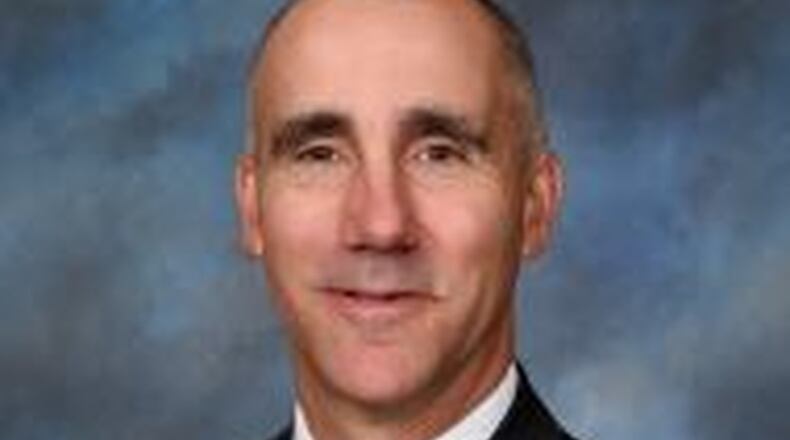Another stakeholder group in our children’s education is our state’s legislators. Again, it is important to have positive relationships with these decision-makers, but it is equally important for each to see the other as professionals, acknowledging their expertise. Brown says the key to successful relationships is to set boundaries. So, how do we do that?
First, we determine who the experts are. Local educators know their students. We know what works in our community. Sometimes, like when an Ohio lawmaker from Cleveland wants to change the start times for all public schools, legislators seem to forget teachers, principals and superintendents are the educational experts who know what’s best for their students. Would we ask Columbus to decide what time we teach math or music or English? Such a question sounds absurd but not that far off from current proposed legislation.
The next step to defining boundaries is determining what is OK and what is not. To work with our legislators, we need them to understand it is OK to work on establishing a constitutional funding model that is fair to all.
It is not OK to ignore the Ohio Supreme Court’s rulings that state the current model is unconstitutional.
It is OK to use the state’s “rainy day fund” to help districts that will lose tax revenue due to the tornadoes. It is not OK to over tax citizens to pad that fund and not use it when needed.
It is OK to let psychometricians set the passing score for state tests. It is not OK to manipulate these numbers based on politics rather than student progress toward college and career readiness.
It is OK to challenge all schools to improve and hold them accountable when chronically failing.
It is not OK to systematically and deliberately dismantle public school districts with different rules and requirements, then funnel money away through “scholarships” like Ed. Choice.
Above all, it is OK to let parents do their jobs at home, let legislators do their jobs in office, and let educators do their jobs at school.
As a public school district, we promote, facilitate, encourage and model learning. In partnership with our parents and community members, we work every day to help our students become prepared, proud and poised, ready to be contributing citizens of the world.
Therefore, let’s simply allow school boards to govern, educators to teach and have trust in local control and each other.
About the Author
